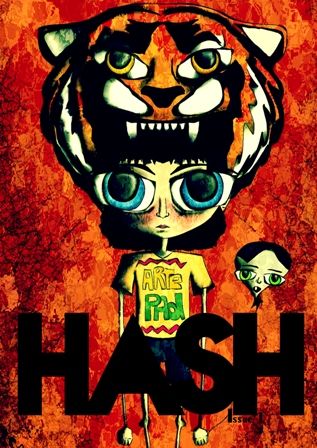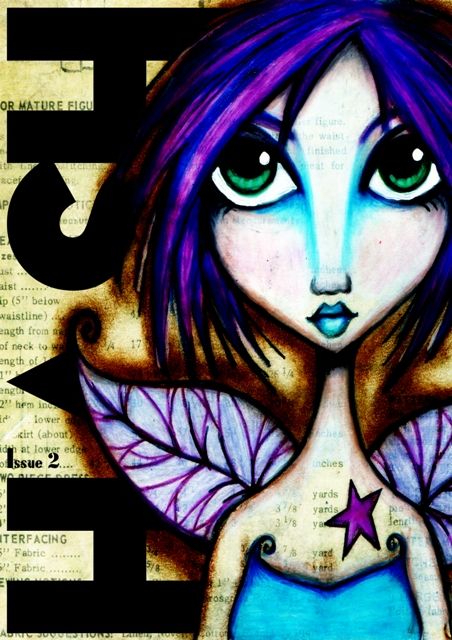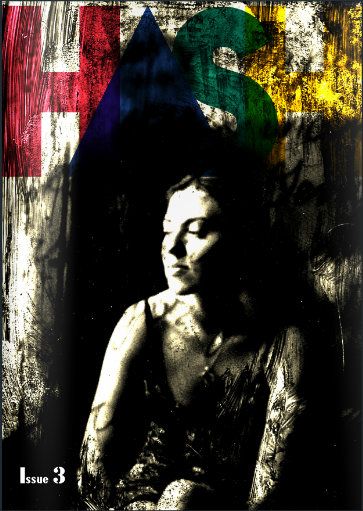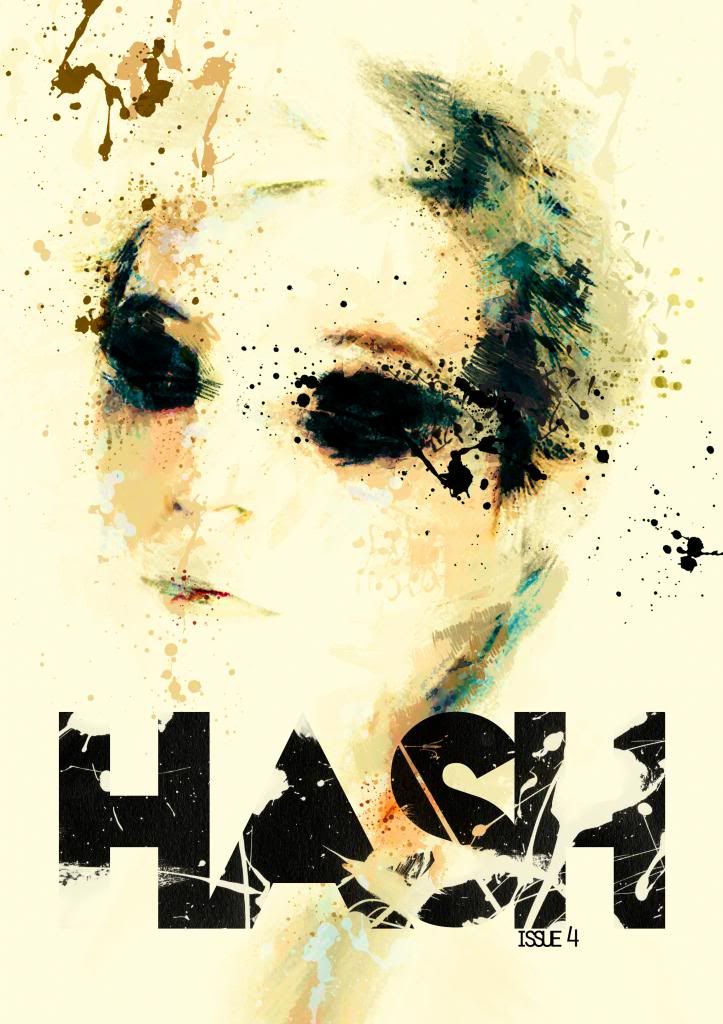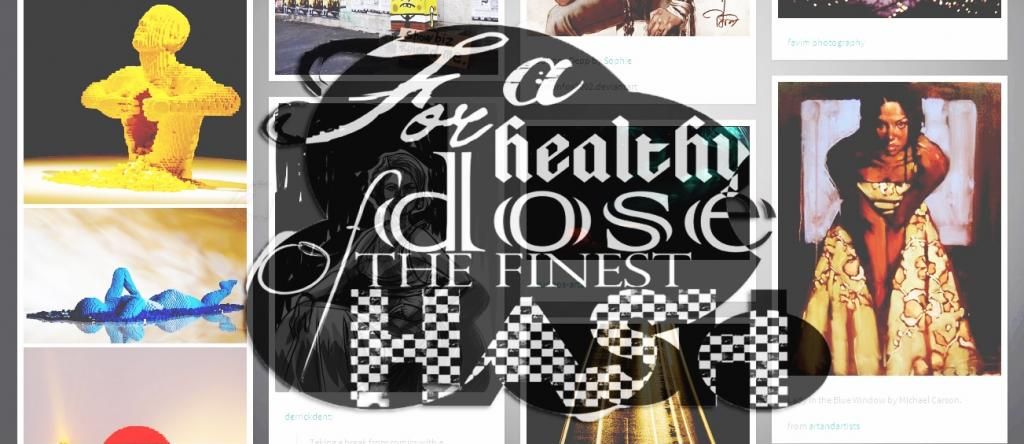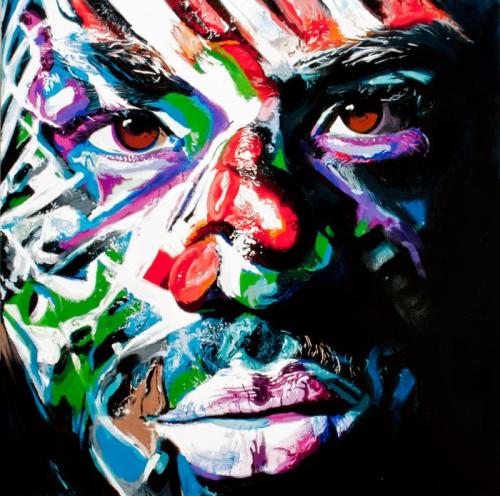by Alan Swyer
“When are we going
to have lunch?” Nadia asks for the third time in the last ten minutes.
“We'll be leaving
for dinner right away,” my father replies as he's done twice before, his
patience clearly wearing thin.
We're seated in
the living room of their apartment in Boynton Beach, Florida, a nicely
decorated place that only mildly suggests that it's part of an assisted living
facility.
“Why won't you let
me have lunch?” Nadia pleads a moment later, her face showing signs of
confusion rather than hunger.
I like Nadia. Though technically my stepmother, I've always preferred to think of her as my
father's second wife, given that I was already married and had two kids at the
time I was Best Man at their wedding.
But now I'm witnessing for the first time what my father never quite
managed to explain during our cross-country calls. The woman he's living with, with whom he has
shared what have been- without a doubt- the happiest years of his life, is
barely the same one he married.
Nadia's decline,
I'll come to understand as I get more information, began with the death of her
son, whose attempt to be three different people at once -- a biker, a hipster,
and an attorney -- ended tragically, with a fatal overdose. That was a shock from which Nadia never fully
recovered, and it was followed by a bad fall, which further accelerated her
departure from reality.
The result, I see
all too clearly, is a situation with little chance of improving. The good times together are now consigned to
my father's past in the same way as the misery he endured with my mother.
During my
childhood, my father and I were never close.
He worked ridiculous hours in an ongoing attempt to satisfy a woman for
whom satisfaction was impossible, then distanced himself even further from
family life because of migraines that disappeared only once he was
widowed. When prodded into some
facsimile of what my mother called manliness due to what she constantly
termed my “impossible behavior”,
my father would occasionally threaten physical violence, which failed to induce
fear or obedience, especially once I'd discovered boxing. At that point, after daring him to try what
he called “getting tough”, the
threats changed from hollow to nonexistent.
Yet despite the
distance and differences between us, what I've come to realize is that, in a
curious way, I started follow his example early on. Like him, I did everything imaginable to stay
out of the house as much as possible, then I topped him by running away on more
than one occasion.
When, at the age
of seventeen, I departed for good, my parents, too, relocated. That led to a joke they never
appreciated: that their only mistake was
in letting me get my hands on the new address.
But their move only reinforced my feeling of having no place to call
home, since I knew no one in the Jersey suburb to which they moved, other than
my mother, father, sister, and dog. And
only with the dog did I get along.
Though I have little
interest in aphorisms, there's one that does apply to my mother: “People
don't change, they become more so.” Never easy, she became, as the years went on,
even more demanding, more difficult, and more impossible. Thanks to a mental ledger she cherished of
slights both real and imagined, over time she distanced herself from scores of
friends and family members, diminishing not just her world, but my father's as
well.
Not surprisingly,
our relations were marked by periods of estrangement, which grew longer once I,
having moved 3,000 miles away, was busy with a wife and kids of my own. Even our sporadic ceasefires were
short-lived, thanks to my mother's barbed criticisms of what she called “California child-rearing”, plus her
one-sided comparisons between what she called my “poorly raised sons” and my sister's “little angels”.
When I got word,
after a particularly lengthy period of silence, that my mother, a lifelong
smoker, was hospitalized due to respiratory problems, I tried my best to put
the past behind. She was in Intensive
Care by the time I got to Florida, fragile and frail, sustained only barely by
an array of tubes and other devices.
Putting on a smile
as best I could, I entered her room with a bouquet of flowers, told her I was
pleased to see her, and announced that I would try to round up other family
members who, like her, had migrated south.
But when I mentioned one particular cousin from her generation, my
mother grimaced.
“What's the matter
with Sylvia?” I asked.
“Everything! She's a monster!” my mother sneered with as
much force as she could muster.
“She's always been
a sweetheart,” I replied.
“Shut up!” my
mother snarled, her countenance radiating a kind of venom I hadn't seen in
ages.
I studied her
angry face for a moment, then left the room without another word.
“Why are you
leaving?” I heard my father ask when he stepped into the hallway while I was
headed toward the elevator.
“Want the truth?”
“Okay.”
“Because I want to
remember her in character,” I explained.
My father took a moment
to let my words sink in. Then, to my
eternal surprise, he nodded knowingly.
That, to my
surprise, was the beginning of a new and infinitely better relationship between
my father and me. With my sister caught
up in her own private melodrama of mourning and grief, alternating crying fits
with expeditions for spa treatments and new handbags, it was on me alone that
my father relied. I was the one
entrusted with the task of making arrangements at a mortuary. Then, once he made the decision to have the
burial in Florida instead of in the family plot in New York, it became my job
to find a cemetery.
And it was to me
that my father expressed his dismay once everything was over and done with,
wondering why so many women - some who were known to him, others total
strangers - showed up at the funeral, bringing containers with coffee cakes and
danish, which they thrust into his hands, plus phone numbers, which they
stuffed into his pockets.
“What do they see
in me?” my father asked when we were alone that evening, munching with little
zeal on turkey sandwiches with cole slaw and Russian dressing.
“You're a
great-looking guy,” I replied, willfully overstating the case. “You're bright, good company -”
“That's not
enough,” my father protested.
“Are you kidding
me?”
“What's that
mean?”
“Dad, you're alive, you're male, and you've
got a valid driver’s license.”
“So?”
“In the land of
widows, you're king.”
My father pondered
that thought momentarily, then surprised me with a chuckle.
My sister was
aghast when, after a difficult few weeks of being alone, our father actually
called a couple of the women who had given him numbers. “What would Mom say?” she complained when she
broke an extended silence between us.
“The way I see it,
there are three choices.”
“Okay -”
“Worry about Mom -”
“Or?”
“Move to Florida
to be with Dad.”
“Or?”
“Watch him die of
loneliness.”
Once it became
clear that Nadia had become first among the many, my sister went into
overdrive. From that point on, it was
nonstop belittling, mocking, and knocking, all of which, to her chagrin,
backfired. Instead of heeding her
negativity, my father did what he never dared do with my mother, turning a deaf
ear to the badgering and bullying. More
than ever, he took to relying on me when he needed advice, or help, or simply
someone with whom to do something new for him: shoot the breeze.
But that was when
life was good, and Nadia was Nadia; when she and my father had a future that
seemed, if not lengthy at their age, at least reasonably bright. Now I'm in Florida, and their life together
seems hopelessly grim as we're led to a table in the dining room at their
complex.
Immediately my
father tries to take control of a world that, for him, is otherwise falling
apart. “Every night there are three
specials,” he takes pleasure in informing me, “a meat, a chicken, and a fish.”
Grabbing the sheet
of paper listing those choices, he peers at it for a moment, then looks up with
a quizzical look on his face. “What's Rigatoni
Bolognese?” he asks, struggling with the pronunciation.
“Tube pasta with a
meat sauce.”
“Couldn't be.”
“Whatever you
say.”
An awkward silence
falls over us until my father flags a busboy.
“What's Rigatoni
Bolognese?” my father asks, pointing at the words on the sheet.
“No se, senor.”
“Could it be
meat?”
“Quizas,”
answers the busboy with a shrug.
“What's that
mean?” my father asks me, never having picked up the slightest bit of Spanish.
“Maybe.”
“See that, Mr.
Know-it-all!” he exclaims triumphantly.
“A meat, a chicken, and a fish.”
Aware that my
father desperately needs any victory he can possibly get, I take a deep breath,
then feel eternal gratitude when Nadia bails me out by changing the subject.
“Am I ever going
to get lunch?” she asks plaintively.
That night, as I
lie in bed trying to sleep more than a few minutes at a time, I can't stop my
mind from racing with the strangest combination of thoughts, memories, notions,
and fears. For no reason that makes any
sense to me, I find myself first remembering, then pondering, the fact that my
father has always refused Novocain at the dentist's, no matter how serious or
painful his condition. And I think back
on how peaceful our apartment would seem when I was young on those mornings
when my mother was ill or visiting relatives, which meant that it was my father
who made breakfast.
I go on to recall
how shattered I was the day I finally gave up playing the piano, due to my
mother's insistence that I only practice immediately after school, which meant
no sports or fun with other kids, and that I only play her kind of music, not
mine.
Those memories
lead to recollections of lying in bed with a radio tucked under the covers,
escaping from the world of my parents into one peopled with the likes of Big
Joe Turner, Big Maybelle, Dinah Washington, and Little Willie John.
Tossing and
turning in a futile attempt to quiet my mind and get some rest, I finally give
up in frustration, then wonder why it is the world knows so little about people
like Slim Harpo and James Carr, and why it cares even less.
Then I ponder why
it was that my father was so incapable of standing up to my mother. And how in the world
he'll manage to survive if Nadia's deterioration continues.
Still finding few
answers, I start imagining what the world will be like by the time my kids are
grown. And what kind of place, within
that world, they'll make for themselves…
And whether they'll be happy, and have satisfying lives, and perhaps
even kids of their own.
By that point it's
3 A.M., and I'm drenched in sweat.
Almost in a frenzy, my mind drifts into a vision that's haunted me
forever - one in which I'm old, lonely, unwanted, and unloved, with everything
I've accomplishment, and all sense of personal history, completely
obliterated.
And I can't wait
for the night to end.
With family
waiting for my return to California, and work calls mounting, I'm back on a
plane a day later, feeling that I should make more - and more frequent - trips
to see my father, rather than simply doing so when I have business in Miami.
What I don't know
then is that a next trip will never come - at least not while father's still
alive. Instead of being left alone with
a fading and failing wife, my father will keel over suddenly several days later
while peering at the sheet of paper listing the evening's choices of a meat, a
chicken, and a fish. Instead of
declining slowly, he'll be the victim of a fatal heart attack that spares him
the indignity and suffering of even a short hospital stay.
The funeral will
be short, sparsely attended, and completely misunderstood by Nadia, who will
repeatedly call his name, wondering when she will finally get lunch.
Then I will again
leave Florida, thinking about things my father and I said to each other over
the years -- and more poignantly, the volumes that went unsaid that went unsaid.
Alan Swyer is an award-winning filmmaker whose recent documentaries have dealt with Eastern spirituality in the Western world, the criminal justice system, diabetes, and boxing. Though American, he also writes regularly for a British music magazine called "Blues & Rhythm." His fiction has appeared in Ireland, England, and in several American publications.

